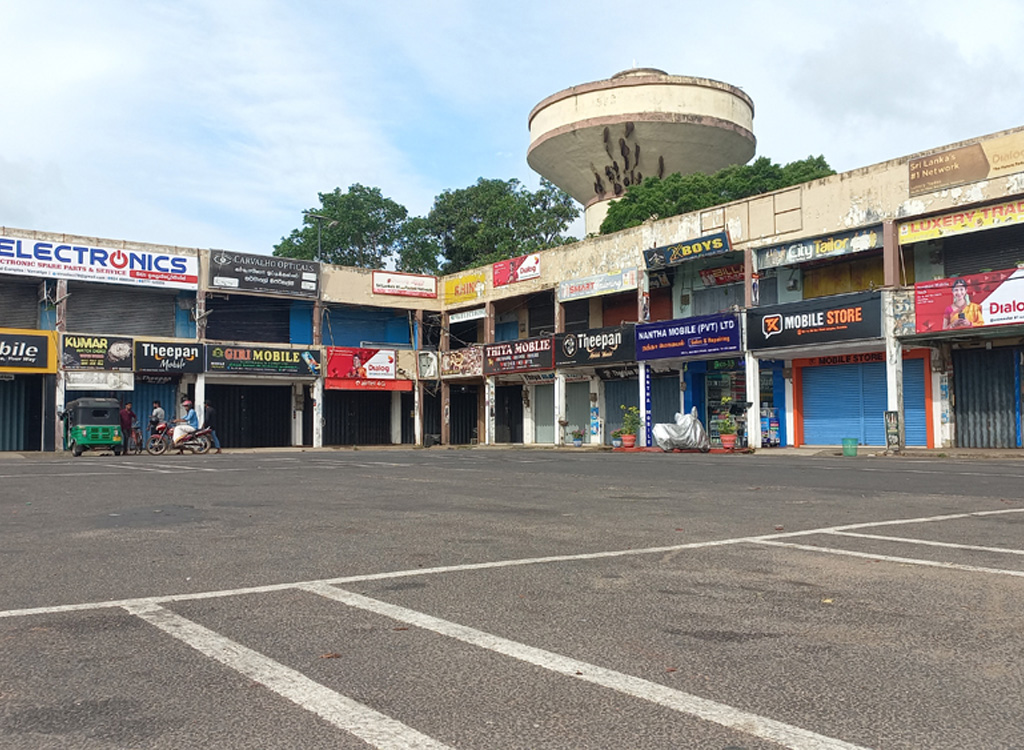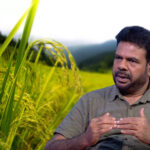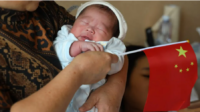The hartal staged across the Northern and Eastern provinces today (18), demanding justice for the death of a 32-year-old Tamil man in Mullaitivu and calling for the withdrawal of army camps from the region, drew a mixed response.
The protest, called chiefly by the Ilankai Tamil Arasu Kachchi (ITAK) and backed by several other Tamil political groups, was prompted by allegations that the man had died after being assaulted by army personnel in Muthaiyankattu, Mullaitivu.
In the Northern Province, the strike appeared largely ineffective. Most government offices, schools and transport services functioned as usual. In some ITAK strongholds such as Vavuniya, a number of shops closed, but across much of Jaffna and Kilinochchi, daily life went on without major disruption. Calls by organisers for bus operators to suspend services and for schools to shut down were met with limited compliance.
The impact was more visible in the Eastern Province, particularly in Batticaloa. In Tamil-majority areas including Batticaloa town, Chenkaladi, Arayampathy, Valaichchenai and Kokkadichcholai, most shops, markets and private establishments remained closed. By contrast, Muslim-majority areas stayed open, with trade associations divided in their stance. Transport continued without interruption.
Security forces maintained a heavy presence in towns where the hartal was observed.
ITAK MP Shanakiyan Rasamanickam later declared the protest a “success,” claiming it was called off at noon following assurances by Cabinet spokesman Dr. Nalinda Jayatissa regarding an investigation into the Mullaitivu death and a review of army camps in the North and East. He also criticised members of the National People’s Power (NPP), alleging they had threatened traders to keep businesses open, which he said violated the people’s right to protest.
Despite its patchy enforcement, the hartal highlighted lingering tensions in the North and East over military presence and accountability.











Leave a comment